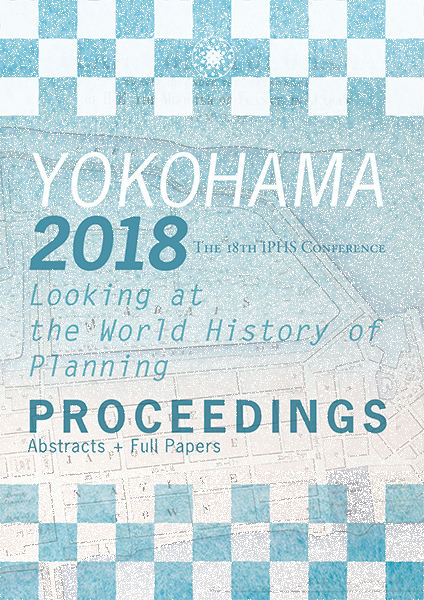The status and use of soft law in local governments’ management of urban development
Restructuring the logical framework of administrative guidance on impact fees for housing development in 1970s Japan
DOI:
https://doi.org/10.7480/iphs.2018.1.2665Abstract
This research aims to analyse the use of administrative guidance such as the local development exaction system for collecting impact fees from developers in connection with housing developments from the viewpoint of “soft law”, as a collection of nonbinding social norms in Japan. It takes a brief look at the history of Japanese administrative guidance on impact fees from 1960s to 1990s, to identify how it contributed to public infrastructure development as a form of soft law in Yokohama. Furthermore, it considers the situation now faced by rapidly growing cities in developing countries and what they may learn facing a similar dilemma to that which confronted Japanese local governments in the past. Finally, it recommends more effective soft law for the management of urban development by cities in developing countries, and identifies challenges, some of which Yokohama experienced and others which it did not, which are likely to arise in developing countries wishing to make use of soft law such as local development exaction systems.

